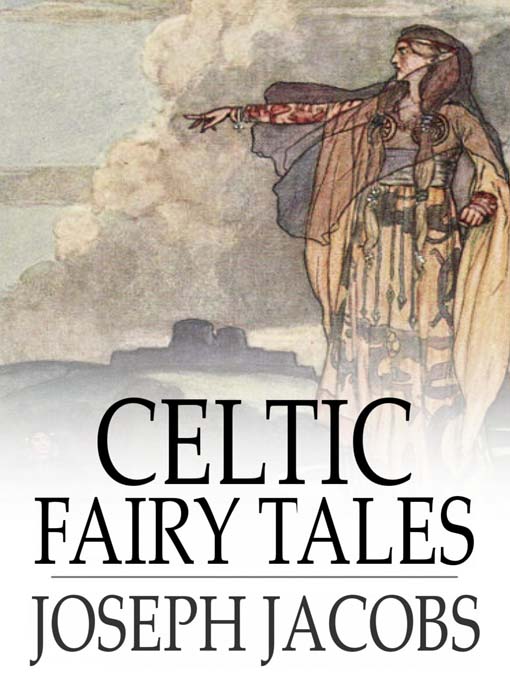The success of a fairy book, I am convinced, depends on the due admixture of the comic and the romantic: Grimm and Asbjörnsen knew this secret, and they alone. But the Celtic peasant who speaks Gaelic takes the pleasure of telling tales somewhat sadly: so far as he has been printed and translated, I found him, to my surprise, conspicuously lacking in humour. For the comic relief of this volume I have therefore had to turn mainly to the Irish peasant of the Pale; and what richer source could I draw from?
For the more romantic tales I have depended on the Gaelic, and, as I know about as much of Gaelic as an Irish Nationalist M. p., I have had to depend on translators. But I have felt myself more at liberty than the translators themselves, who have generally been over- literal, in changing, excising, or modifying the original. I have even gone further. In order that the tales should be characteristically Celtic, I have paid more particular attention to tales that are to be found on both sides of the North Channel.
One characteristic of the Celtic folk-lore I have endeavoured to represent in my selection, because it is nearly unique at the present day in Europe. Nowhere else is there so large and consistent a body of oral tradition about the national and mythical heroes as amongst the Gaels. Only the byline, or hero-songs of Russia, equal in extent the amount of knowledge about the heroes of the past that still exists among the Gaelic-speaking peasantry of Scotland and Ireland. And the Irish tales and ballads have this peculiarity, that some of them have been extant, and can be traced, for well nigh a thousand years. I have selected as a specimen of this class the Story of Deirdre, collected among the Scotch peasantry a few years ago, into which I have been able to insert a passage taken from an Irish vellum of the twelfth century. I could have more than filled this volume with similar oral traditions about Finn (the Fingal of Macpherson's "Ossian"). But the story of Finn, as told by the Gaelic peasantry of to-day, deserves a volume by itself, while the adventures of the Ultonian hero, Cuchulain, could easily fill another.
(From the author)

